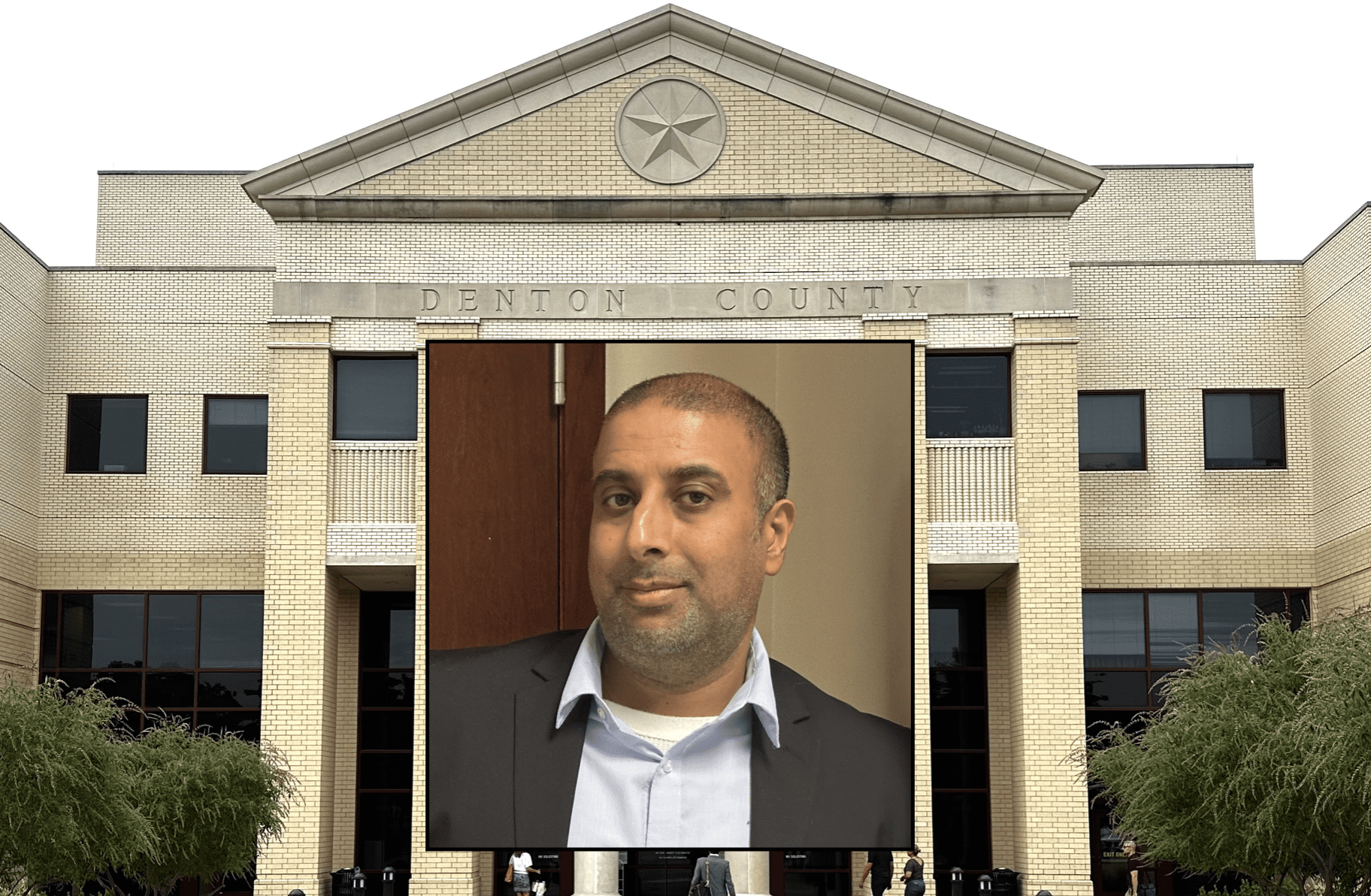The Congressional Budget Office has tagged the recently-announced Pelosi health care nationalization plan at a little over $1 trillion. Given the history of inaccurate scoring of the long-term government health care costs, the Pelosi Plan (if passed) could be closer to $2 trillion over the next ten years, according to the Wall Street Journal.
What’s most significant (for the moment) about this is that the Congressional majority is (or should be) well aware of the shocking proportions of health care waste. Indeed, health care fraud is big business, accounting for about 20% — or $150 billion — of all monies siphoned off from the system annually, according to Thomson Reuters.
Just yesterday, the Fort Worth Star Telegram (FWST) reported on recent fraud cases in Texas. Culling through the cases, the Star Telegram summarized:
“In addition to payment for unnecessary wheelchairs and scooters, cases have involved expensive trips in ambulances for patients who could drive themselves to treatment, home-health nurses who never showed up, over-the-counter medical supplies sold as high-tech specialty kits, and kickbacks to those who stole patient identities or agreed to sign paperwork deeming the equipment a medical necessity.”
A Dallas attorney who worked in the Justice Department was quoted in the FWST story as saying, “Anytime you dole out billions of dollars in a federal program, there’s going to be fraud and abuse that takes place.”
Simply put, it’s taken as a given, if not for granted, that fraud is endemic to the system: It’s in the DNA of government health care. By contrast, anyone would be hard-pressed to find a private sector enterprise that considers fraud an operating expense.
Yet, the political class in Washington is remarkably sedate about health care fraud. Maybe to focus attention on the problem would raise the uncomfortable and unavoidable prospect that the chief beneficiaries of the Pelosi Plan will be scam artists and organized criminal enterprises.



